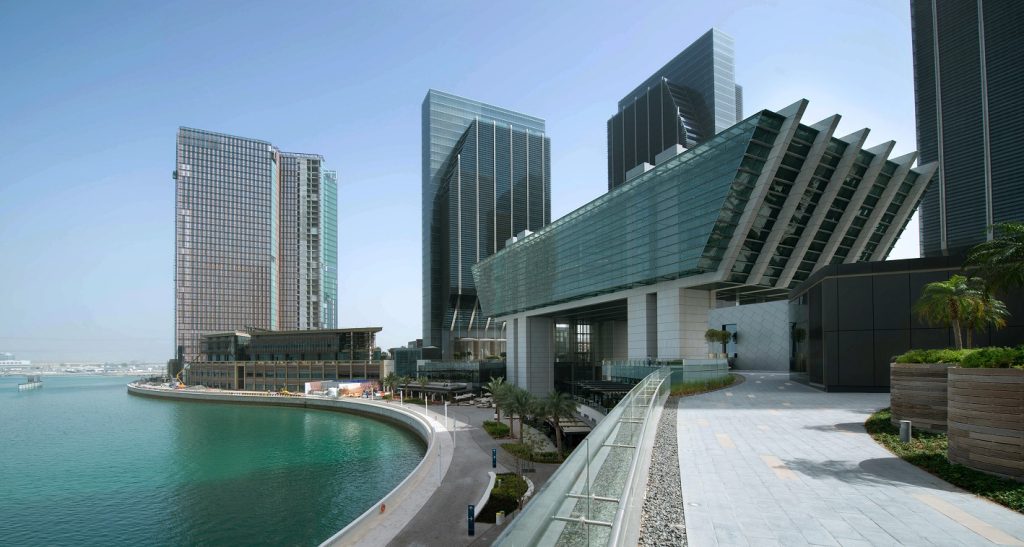
The financial sector will be one of the main beneficiaries of the UAE’s decision to move to a four-and-a-half-day working week, according to Mohammed Ali Yasin, chief strategy officer at Al Dhabi Capital Ltd.
The UAE announced on Tuesday the plan to shift its weekend to Saturday and Sunday for federal government employees. The decision also makes the country the first in the world to introduce a national working week shorter than the five-day week.
The UAE and the rest of the Gulf nations, including Saudi Arabia, currently have a Sunday-Thursday work week.
The change will come into force from January 1, 2022, with Friday sermons and prayers to be held at 1.15pm throughout the year.
Yasin told Arabian Business: “I think the financial sector in general will be one of the main beneficiaries of such a decision, especially when we do a lot of our transactions with the developed markets, where now we will have cohesion and synchronisation between us and them in terms of the days off.
“I think that definitely the sector will benefit from [this decision], and therefore the benefit of having this change, and the clients who need to use the banks and bank transfers will also benefit from not losing days off.”
The change marks a further step in efforts by the UAE to maintain its status as the Gulf’s pre-eminent business hub.
Regional competition from neighbouring Saudi Arabia is rising as the oil-producing heavyweight engages in an unprecedented drive to attract overseas investment and diversify its economy.
Majd Dola, CFA, equity portfolio manager at First Abu Dhabi Bank, told Arabian Business: “Liquidity will increase with the market active five days a week rather than four with foreign investors. Plus international transfers and money market activities will also be active on Friday which might, in the long run, benefit banks and financial institutions.
“Finally, international companies will find it easier to deal with their UAE rep office given the weekend change. These factors, among others, will boost the UAE competitiveness.”
Scott Livermore, ICAEW economic advisor, and chief economist and managing director, Oxford Economics Middle East, said it was “likely” that the Dubai private sector will follow, particularly as schools are expected to follow the new working week.
He said: “It will help the UAE’s integration with the rest of the world, especially Europe and Asia, if the private sector does implement the same working week and enhance Dubai’s status as a gateway to and from the Middle East.”

However, Yasin cautioned that the opportunities created by the landmark move, will also bring challenges and finer details will require clarification.
“The law has talked about the public sector, but there are a lot of private sector businesses that rely on the public sector being open in order to be able to perform their tasks,” he said.
“For example, the banking sector, banks need the central bank settlement in order to be able to settle between the banks, so we probably will, in the coming days, maybe hear a clarification from the central bank of the UAE on this matter, because without the central bank opening its settlement, the banks will not be able to settle trades outside the same bank.
“The other point for example is the financial markets, so the ADX and the DFM, we all know they work from 10am – 3pm, so on Friday what will they do? Will they work four days only or will they open half a day or will they open a full day? And if they do open for a full day then other departments will probably need to be open to support it too.”
While Livermore added: “The shorter working week potentially creates challenges in managing work and costs. However, some studies find that a shorter work week can boost productivity.”
Faisal Durrani, Partner – Head of Middle East Research, Knight Frank, said the UAE’s pro-business focus has been cemented by the weekend change.
“From an investment perspective, the UAE and wider region, has been slow to attract institutional capital in a meaningful way, largely due to lack of assets of quantum and lengthy international due-diligence,” he said. “The weekend change sends a very strong signal to the global investment community and may well help tip the balance in favour of stronger international investment flows in the future.”





